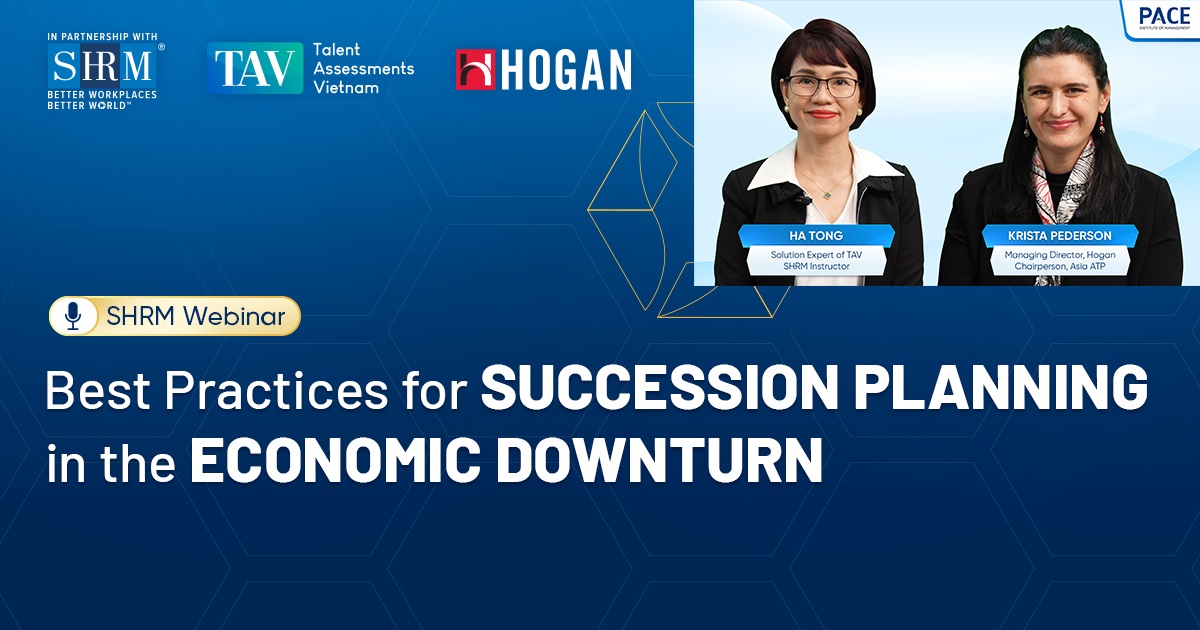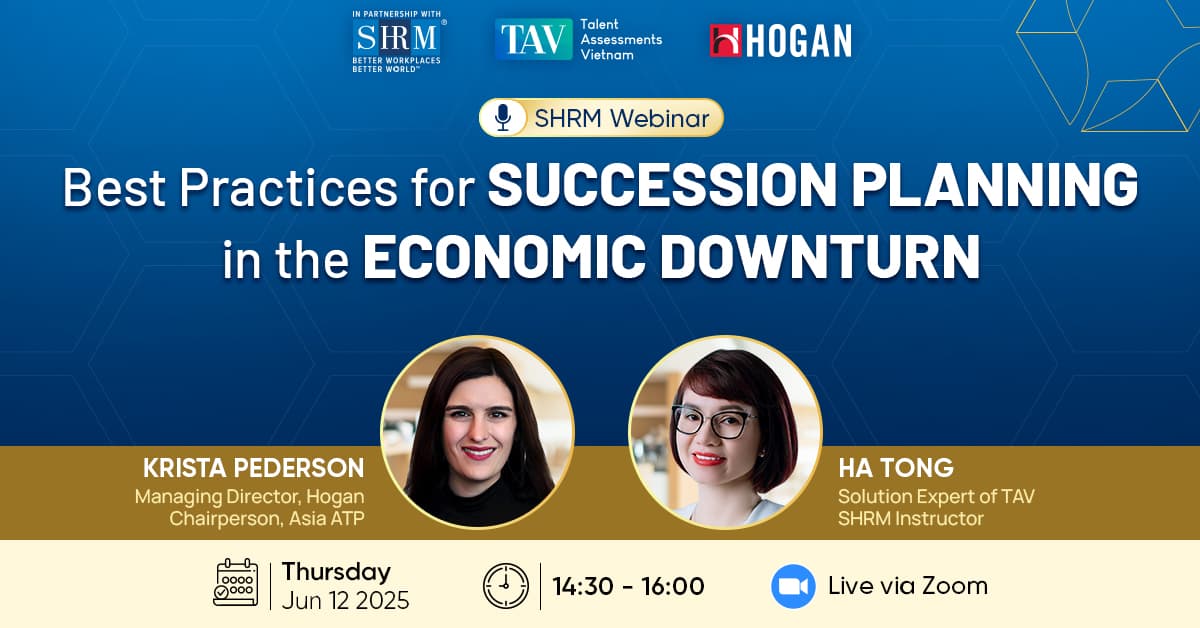DETECTING LIES AND DECEPTION: PRACTICAL SKILLS FOR HR PROFESSIONALS
Following the rise of the #MeToo movement, employees are filing more sexual harassment claims. Ditto for employee discrimination charges, which have increased every year for the last three years, according to Equal Employment Opportunity Commission statistics.
As employers are called upon to investigate employee claims of harassment, discrimination, bullying, ethics violations and other potentially illegal behaviors, they often turn to HR professionals to conduct these investigations. Because the stakes are so high, it is imperative that HR professionals learn to detect when people are lying or being deceptive.
Johnson knows a liar when he encounters one. As a former U.S. attorney, he was often tasked with assessing the credibility and truthfulness of the people that he interviewed. Now, as the CEO of Clear Law Institute in Washington, D.C., he teaches HR professionals, among others, how to determine who is lying and who is telling the truth.
In his session "Detecting Lies and Deceptions: Practical Skills for HR Professionals," at the 2018 SHRM Annual Conference & Exposition in Chicago, Johnson shared his thoughts and recommendations.
As employers are called upon to investigate employee claims of harassment, discrimination, bullying, ethics violations and other potentially illegal behaviors, they often turn to HR professionals to conduct these investigations. Because the stakes are so high, it is imperative that HR professionals learn to detect when people are lying or being deceptive.
Johnson knows a liar when he encounters one. As a former U.S. attorney, he was often tasked with assessing the credibility and truthfulness of the people that he interviewed. Now, as the CEO of Clear Law Institute in Washington, D.C., he teaches HR professionals, among others, how to determine who is lying and who is telling the truth.
In his session "Detecting Lies and Deceptions: Practical Skills for HR Professionals," at the 2018 SHRM Annual Conference & Exposition in Chicago, Johnson shared his thoughts and recommendations.

Don't Trust Your Gut
In Johnson's assessments, internal investigators rely too heavily on "gut instincts" based largely on their interpretation of an interviewee's body language and demeanor. If someone demonstrated certain stereotypical behaviors associated with deceptiveness (for example, fidgeting, not making eye contact), investigators frequently concluded that the person was lying.
Yet research shows that no single variable is a consistently reliable predictor of truthfulness. It also shows that most people think they're better at detecting lies than they actually are. In fact, the average interviewer makes the right call 55 percent of the time.
"Don't look for emotion," Johnson said. "Instead of looking for nervous body language, HR professionals should focus on getting the person to talk and listening closely to the answers. … Listening is better than looking."
Johnson recommends approaching an internal investigation more like a journalist and less like a prosecutor.
"The aggressive approach makes for good television, but it's not a useful interrogation technique anywhere else." He opts for a more relaxed conversational style that encourages the interviewee to share as much information as possible about the situation being investigated.
Rethink Your Investigation Techniques
Research shows that cognitive interviews—a technique used to help witnesses remember events—lead to 50 percent more detail being provided than traditional interrogation methods. There are a number of tactics that have proven to be helpful in separating the truth tellers from the liars.
First, introduce yourself and establish rapport. "HR professionals often treat the interview as a formal process," Johnson said. But this discourages the interviewees from trusting you and opening up. So, if the goal is to get the person to talk, then you have to convey to them that you are not judging them and that you just want to hear their side of the story.
Next, ask the interviewee to provide a narrative account of the situation, and use open-ended questions to help evaluate whether he or she is telling the truth. In Johnson's experience, truth tellers provide lots of details while liars are more inclined to give a short, bare bones narrative.
"Liars know that details are dangerous," he said.
Later on in their narrative, liars are more likely to misremember the details they provided earlier in the interview; it is easier to remember the truth.
But liars are also more likely to come prepared to recite memorized talking points. To disrupt those scripted answers, Johnson recommends asking unexpected questions. For example, if a suspected liar says he went to a restaurant with a friend, ask him who arrived first or where they sat—something he is not likely to have rehearsed with a corroborating witness.
Encourage the interviewee to tell the story in her own way and without interruption. As she relates what happened, the HR professional can take note of inconsistencies or flag something that he would like more information about. Then when the interviewee has finished telling her story, HR can circle back to get more information.
If you suspect the interviewee is reciting from a memorized script to cover up wrongdoing, use the "reverse order" technique: Instead of telling the story from start to finish, the interviewee should be asked to tell the story from finish to start.
But keep your questions in check until the interviewee has related the entire incident.
"If you think someone is lying, ask again later; don't interrupt the flow with questions," Johnson said. "Keep your suspicions to yourself until you know what really happened."
Use Social Media to Confirm Your Suspicions
Sites like Facebook, Twitter and LinkedIn can be an investigator's best friend, especially when it comes to sussing out lies.
During one investigation, Johnson used social media to prove that a sales executive who took his wife and daughters to a football game fraudulently expensed his daughters' travel fees. The executive was able to finesse the wife's expenses by including the vendors' wives in the invitation. Then he hid the fact that his daughters' presence at the game had been paid for by the company.
But the $40,000 expense report didn't add up.
Johnson could see that five hotel rooms were expensed while the official narrative only accounted for four rooms. When questioned, the executive invented a story about a colleague who canceled at the last minute.
Digging further, Johnson asked where the executive's daughters were during the weekend of the game, and the executive made up a story (which he later changed) about them vacationing in Mexico. But the story unraveled when Johnson checked the daughters' Facebook pages and found pictures of them at the game.
Use Investigative Skills During the Hiring Process
Candidates have also been known to lie on their resumes. When screening resumes, you can use the same investigative techniques applied to the interviewing process. Start by building rapport with the candidate, asking open-ended questions (for example, "Tell me about yourself") that give him free rein to tell his story in his own way. Follow up on any inconsistencies, and ferret out whether the resume is a true reflection of the person's skills, experience and qualifications.
Source: SHRM.ORG
|
Training Program
INTERNATIONAL HUMAN RESOURCE MANAGEMENT/IHRM
Internationalize the human resource management capabilities of HR professionals in Vietnam
Opening Date: Stember 13, 2018 in HCMC
Opening Date: Stember 20, 2018 in Hanoi
|








